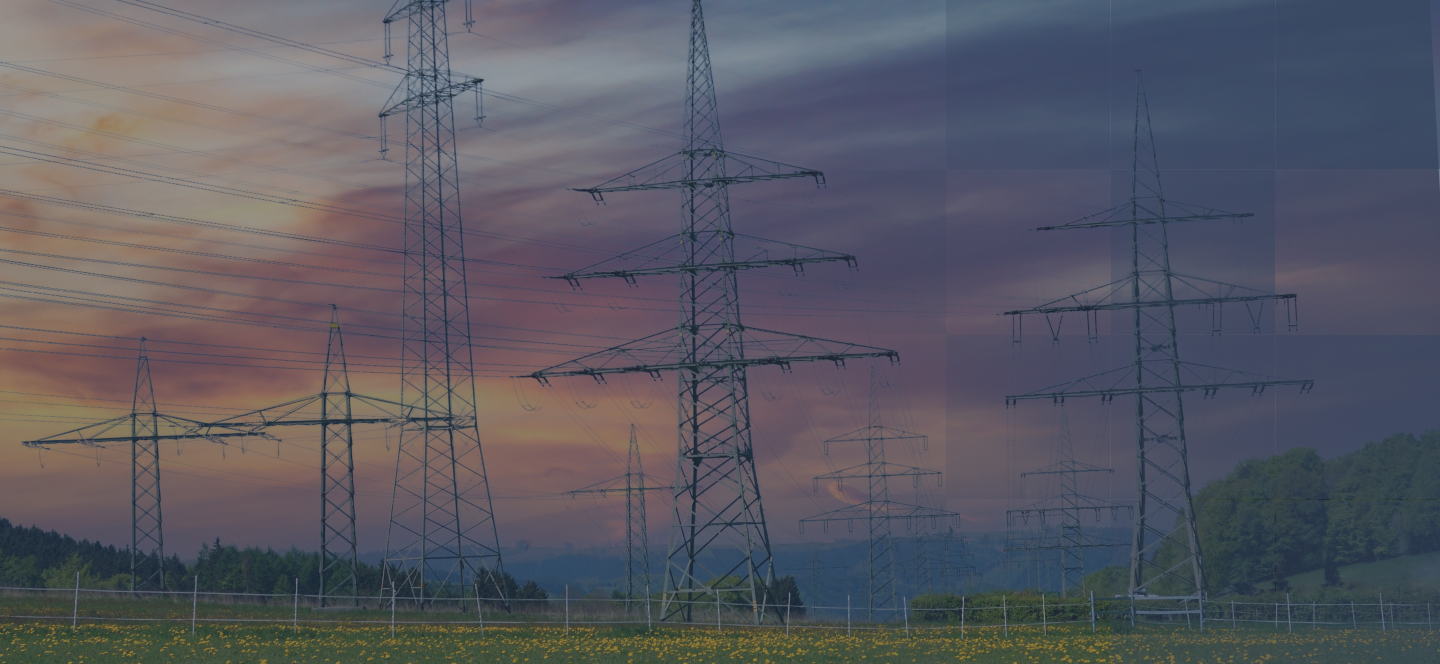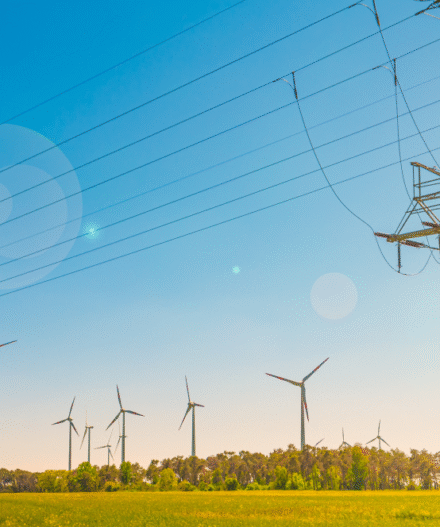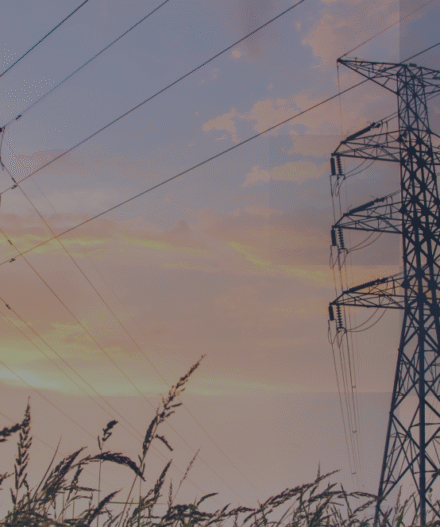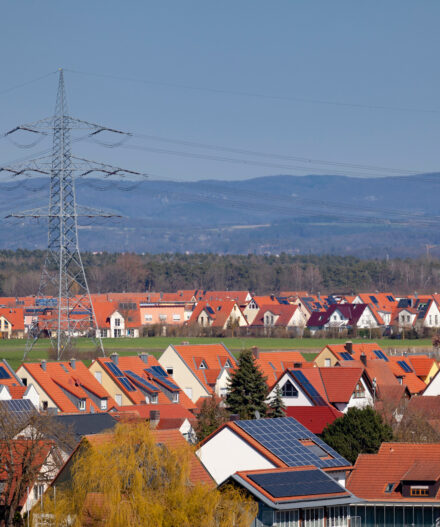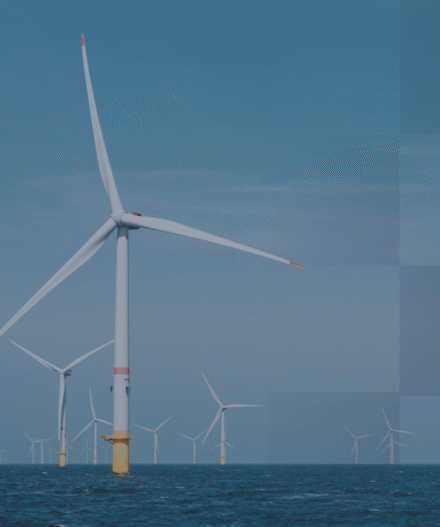Organised by: RGI
In response to the pressing global climate and energy crisis, UN signatory countries have set ambitious energy and climate targets that imply a massive need to deploy energy infrastructure to achieve significant greenhouse gas (GHG) emission reductions and climate neutrality by latest 2050.
Introduction
Central to this effort is the role of supply chains and circularity in energy system planning. Securing resources and strengthening supply chains is fundamental to delivering an optimised, decarbonised energy system. By focusing on resilient and adaptive supply chains, we can secure the necessary resources, thereby supporting the extensive infrastructure development needed for the energy transition.
Delivering the massive energy infrastructure required to meet the Paris Agreement goals is a substantial challenge. We face potential scarcity of resources including qualified personnel, critical raw materials, manufacturing of key components, and financial resources. Therefore, it is crucial to consider how supply chains must adapt and deploy to meet the requirements of tomorrow’s energy system. In this sense, regulatory frameworks play a key role in establishing the governance needed to accelerate the energy transition and to secure the required resources to implement it.
Moreover, incorporating circularity measures to recycle and reuse materials will be essential in mitigating resource constraints. This necessity should be reflected in energy system planning, with clear pathways to secure the needed resources being fundamental.
Closing the Circle
Continuing the PAC Expert Exchange Workshop series, on 26 June, RGI convened experts to discuss the critical role of supply chains in delivering an optimized and decarbonized energy system.
Throughout the discussions, the Workshop “Closing the Circle – Supply chains and circularity approaches for delivering a decarbonised energy system” fostered knowledge exchange among experts in energy system modelling and planning.
Participants exchanged insights on securing renewable energy supply chains, integrating supply chain parameters and circularity measures into energy system planning, and how these topics are intrinsically connected with European energy security.
Summary Report
All statements in this document have been summarised by the Renewables Grid Initiative, based on the common understanding of the discussions carried out during the workshop. The opinions expressed in this document are independent to the PAC project consortium and shall not be used to reflect the view of specific participants.
RGI’s webinars on circularity
contact
Dr. Andrzej Ceglarz
andrzej@renewables-grid.euDirector – Energy Systems

Morjana Moreira dos Anjos
On leave, please contact techno@renewables-grid.eu
Manager – Socio-Energy Systems

Nathália Pimentel
nathalia@renewables-grid.euManager – Communication & Energy Systems



